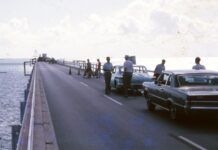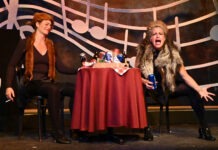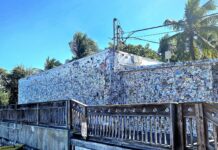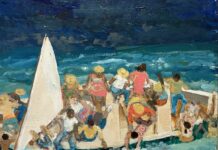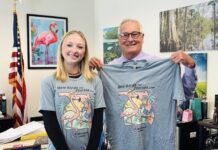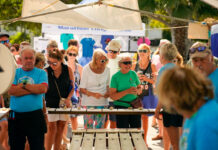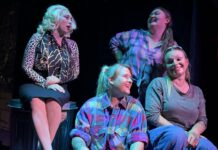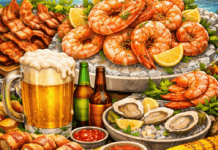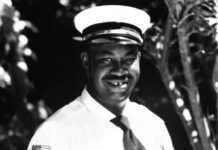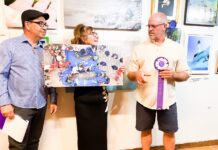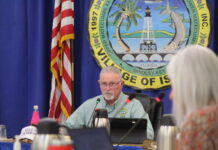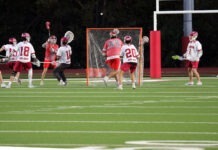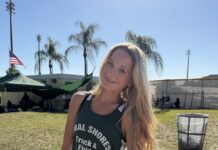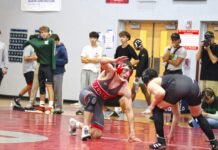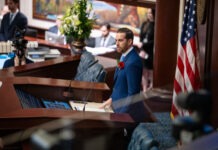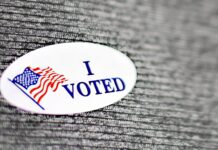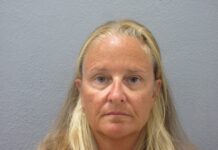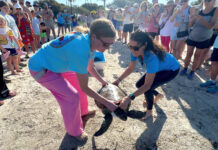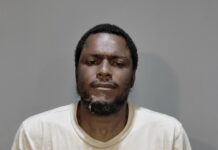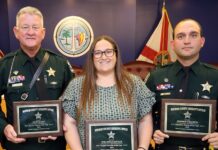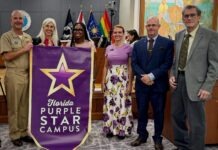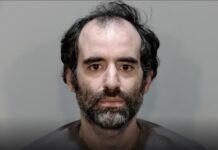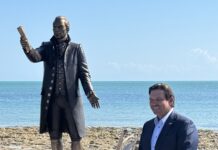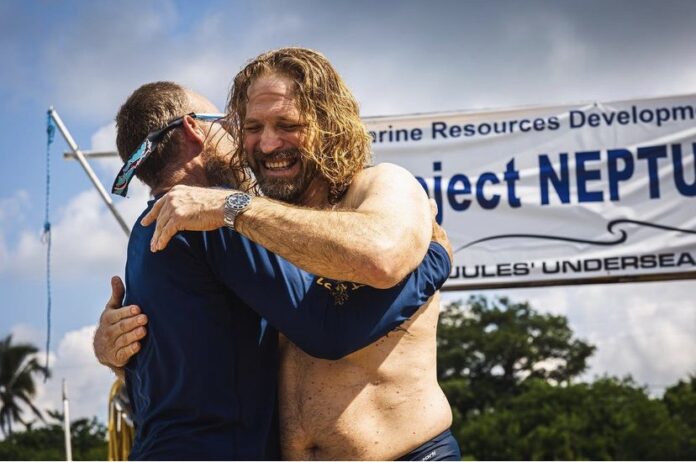
Three months ago, at the beginning of March, Joseph Dituri said a last goodbye to the sun and embarked on an ambitious journey of scientific discovery. On June 9, he resurfaced outside of MarineLab in Key Largo after completing a 100-day stay at the Jules Verne Undersea Lodge sitting 30 feet underwater.
He broke the world record for the longest time spent living underwater without depressurization. For Dituri, a Navy veteran and a professor at the University of South Florida, his experience wasn’t merely about winning a title, but about the possibility of conducting crucial research into the potential of hyperbaric, or high pressure, medicine.
Met by a crowd of MarineLab staff, doctors, international reporters, and children and teenagers attending MarineLab’s summer camp, Dituri resurfaced at about 10:30 a.m. Elated from a sense of accomplishment and of thankfulness for the staff of Project Neptune 100, he greeted his onlookers and exchanged hugs with his medical team and operations staff. Driven by his passion for scientific discovery, he had successfully completed one of the most formidable scientific undertakings in recent Keys history.
Throughout his stay, Dituri submitted to dozens of different tests meant to measure the physiological impacts of a high pressure environment. As Dituri’s stay progressed, his medical team began to notice significant changes in his health. His sleep quality had greatly improved, and more than 60% of his sleep cycle, on average, was spent in the rapid-eye movement (REM) stages. He’d exhibited a 30% to 50% reduction in inflammatory markers, a significant decrease in oxidative stress, and an increase in testosterone. He had even grown shorter.
“I used to scrape my head right on the top of the emergency escape hatch, and I can no longer do that,” Dituri said.
Among the most surprising of his discoveries was a drastic decrease in cholesterol levels. During his stay, Dituri’s levels dropped by 72 points. The risk of having a heart attack or stroke had diminished significantly.
“It was something that I would not have expected in any way, shape or form,” he said.
For the next four weeks, Dituri will continue to monitor his health and will potentially prolong his daily measurements if they do not stabilize within that period. He still is not aware of the full extent of the changes, but predicts an increase in stem cell proliferation and telomere length, which can help to reverse the effects of aging as a result of the high pressure environment.
As a professor with a focus on the use of hyperbaric medicine, he hopes his stay will help to solidify the various benefits and uses of the treatment. During and after his decades of naval service, Dituri had seen many of his fellow veterans suffer through traumatic brain injuries, and, in looking for a treatment for these injuries, had turned to the world of hyperbaric medicine. In his stay at the Undersea Lodge, Dituri discovered that many of his predictions regarding the potential of hyperbaric medicine were confirmed.
“Hopefully we have solidified for the world the mechanism of action, hyperbaric medicine,” Dituri said. “The several (changes) that I have discovered already, plus an increase in stem cell proliferation, the extending telomere length, the decrease in inflammation, all of that (can help with a) traumatic brain injury.”
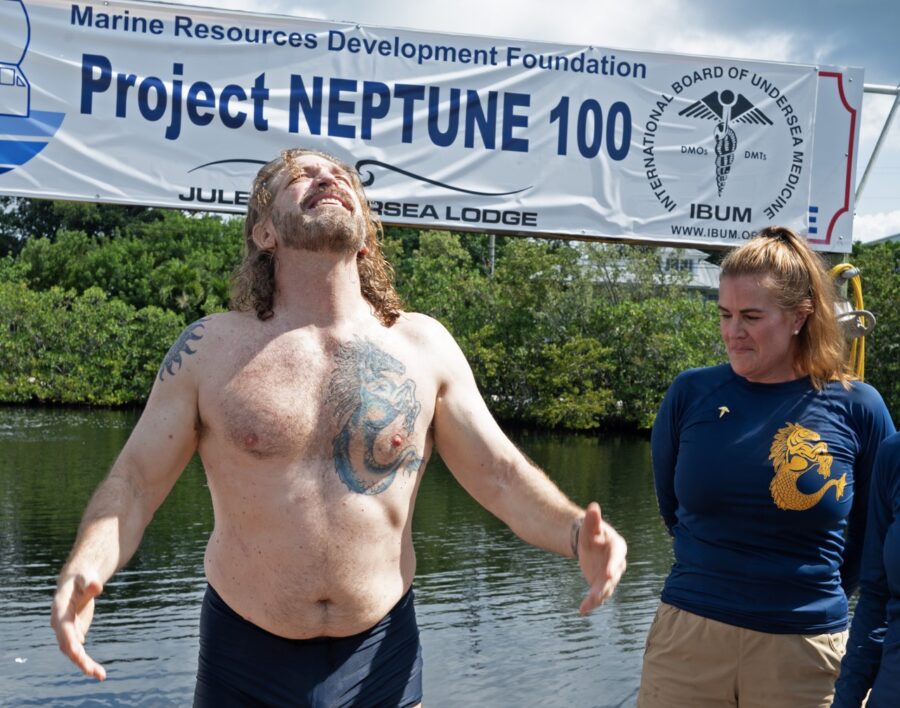
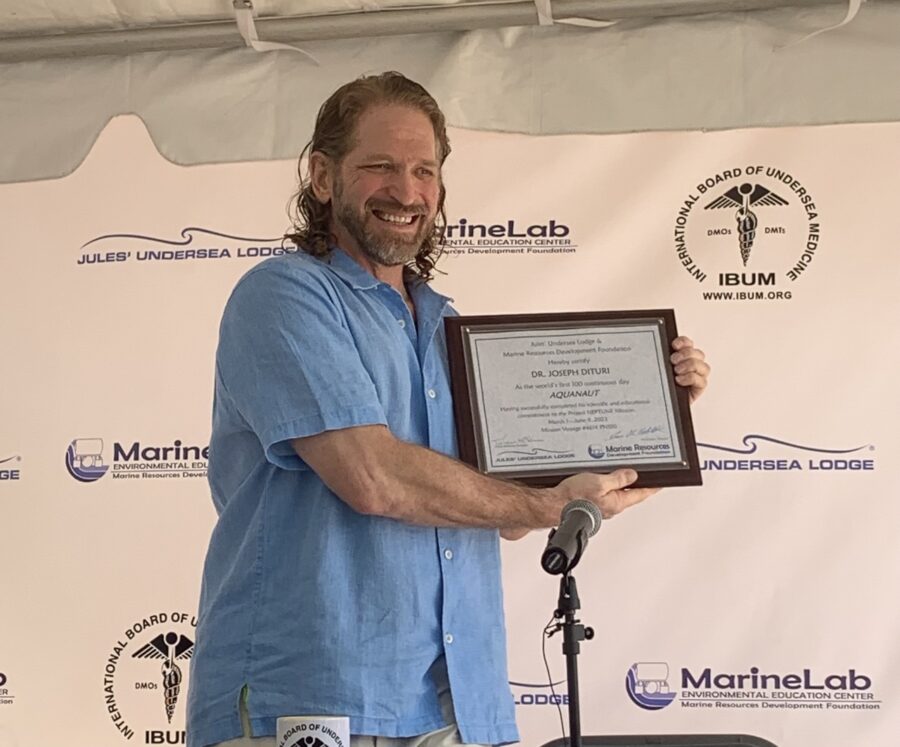
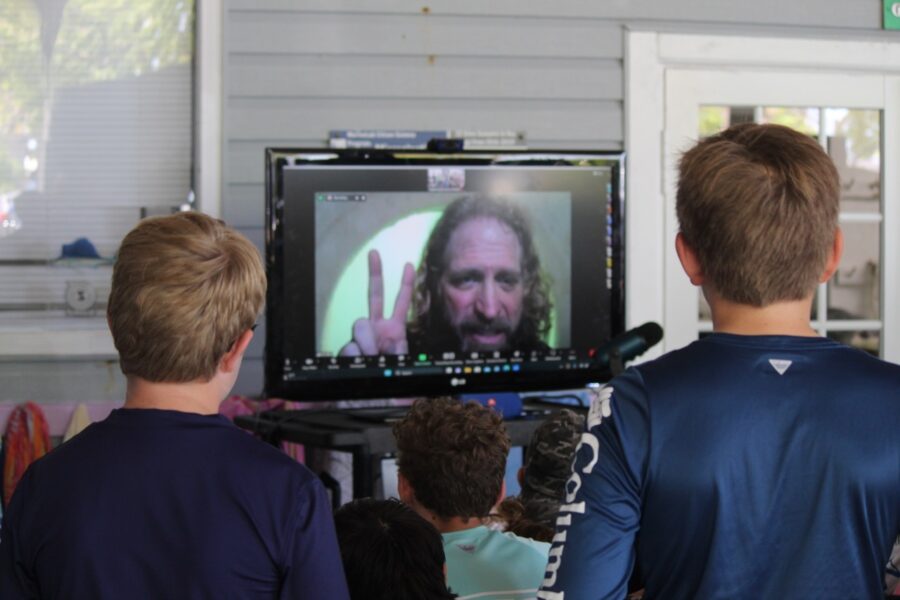
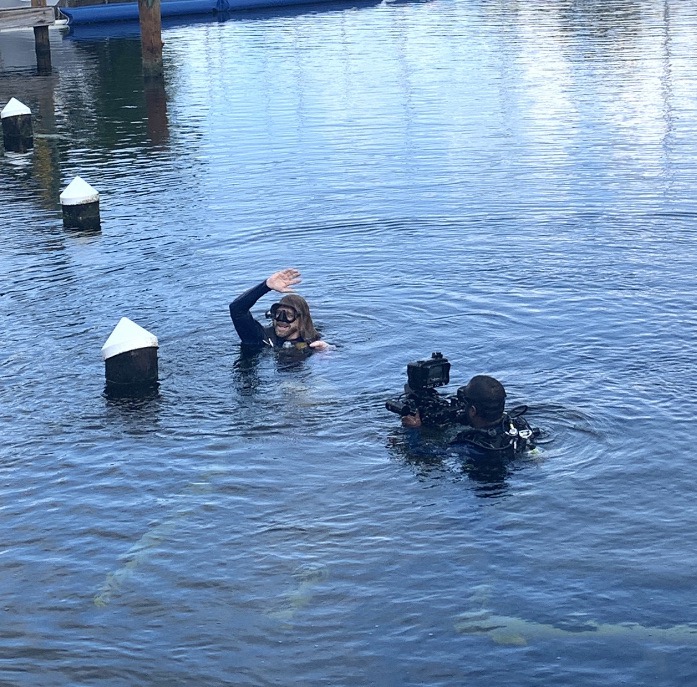
Despite the thrill of scientific discovery, Dituri’s experiences during the 100 days could be grueling. Although Dituri’s 28 years in the Navy had accustomed him to long periods of relative isolation, he’d begun to experience strong feelings of homesickness during the latter half of his mission.
“You can only get so much contact out of a video teleconference,” Dituri said. “It’s just not enough; we need physical contact.” Most of all, Dituri grew to miss the warmth and light of the sun. Yet he continued on, encouraged by both the significance of his mission and the unparalleled experience it offered him.
“One hundred days looking out my porthole was wonderful. My friend Fred the lobster, who was outside on the right — I talked about him all the time and all the kids have seen him — he actually got a family and grew up,” Dituri said. “It’s the first time underwater you see this type of stuff, you see a lobster molting for the first time, you go, ‘oh my goodness, I’m actually living in the wild.’”
He was also inspired by the chance to educate students at home and abroad. During his stay, MarineLab set up appointments for him to speak to nearly 5,000 students in 15 different countries. From Ireland to the United Arab Emirates, he spoke to diverse groups of students from his station nine meters underwater. According to Dituri, one of the program’s main goals was to “educate and inspire the next generation of kids.” He received visits from more than 30 students and teachers, who made day-long visits to the Undersea Lodge.
“MarineLab’s (educational experiences) have already had great impacts on our students. Meeting Dituri further adds another layer to that experience,” said Ginette Hughes, the chief executive officer of MarineLab.
Dituri plans to present his discoveries at the International Conference on Science, Engineering & Technology in Edinburgh this September. He plans to continue his research into hyperbaric medicine and his studies in marine science.
“I think that the experience has been very positive, I think that we’ve learned an awful lot from it, and we’ll be able to put that into the next mission, when somebody breaks my record. That’s a challenge to all of you kids out there,” Dituri said. As for now? “Tonight I plan on getting a great cheeseburger and watching the sunset.”
